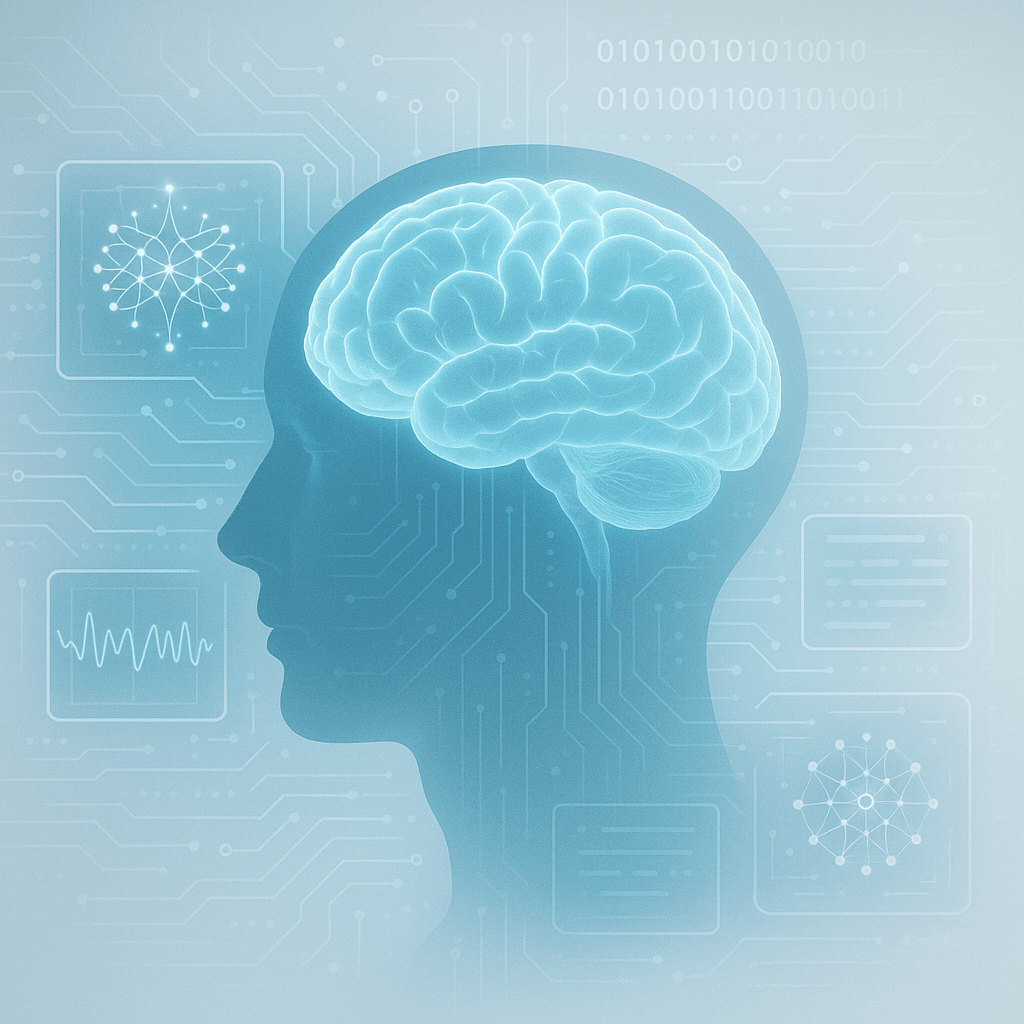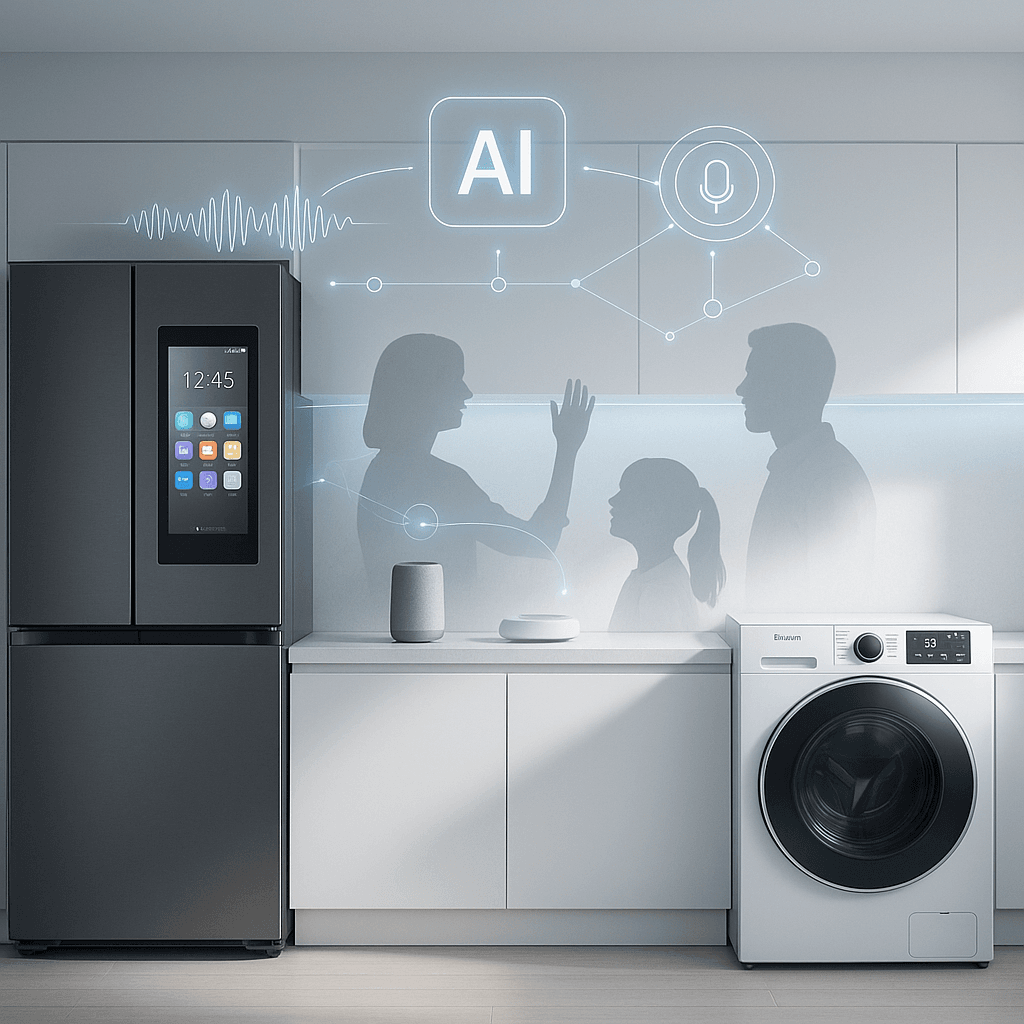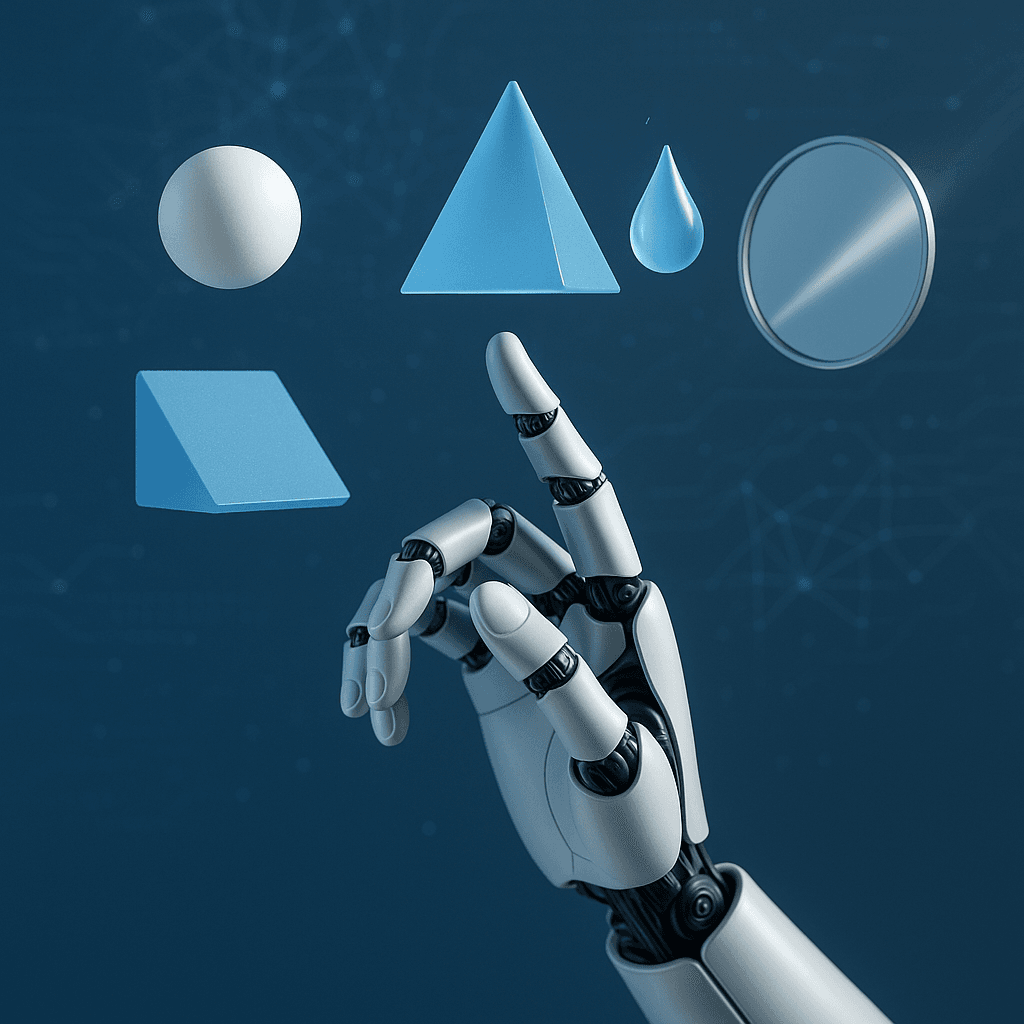China just fired the opening shot in a new global tech race that could reshape medicine and consumer electronics. A sweeping government policy document released this month sets an ambitious timeline for the country to become a world leader in brain-computer interfaces by 2030 – putting it on a collision course with Elon Musk's Neuralink and other U.S. pioneers in the field.
China's State Council just handed down marching orders that could fundamentally shift the balance of power in neurotechnology. The comprehensive policy document, jointly authored by seven key ministries including the Ministry of Industry and Information Technology and National Health Commission, reads like a declaration of intent: achieve BCI breakthroughs by 2027, build global industry leadership by 2030.
The timing isn't coincidental. While Neuralink grabs headlines with its first human trials, Chinese companies have been quietly making their own breakthroughs. Phoenix Peng's NeuroXess has already implanted six paralyzed patients in Shanghai, with three successfully decoding Chinese speech patterns – a technical milestone that demonstrates the technology's linguistic adaptability.
"The Chinese government has always been supportive of disruptive technologies," Peng told Wired. "From the government's point of view, this policy means that BCI technology has already passed from a concept level into the product level."
The evidence backs up that confidence. NeuCyber NeuroTech, spinning out of Beijing's Chinese Institute for Brain Research, has developed a coin-sized brain chip called Beinao-1 and implanted it in five patients. Director Minmin Luo reports "excellent safety and stability" in clinical assessments, with recipients now controlling computer cursors and navigating smartphone apps through thought alone.
But China's ambitions extend far beyond catching up to U.S. competitors like Synchron and Paradromics. The 17-step roadmap outlined in the policy document reveals a comprehensive strategy spanning chip development, signal processing software, manufacturing standardization, and regulatory frameworks – the full industrial ecosystem needed for mass production.
"We know that China is strong at translating basic research into practical uses and commercialization," notes Max Riesenhuber, a Georgetown University neuroscience professor who has studied China's BCI developments. "We've seen that in other industries, such as photovoltaics and electric cars. Now BCI is another area where that's going to be critical."












